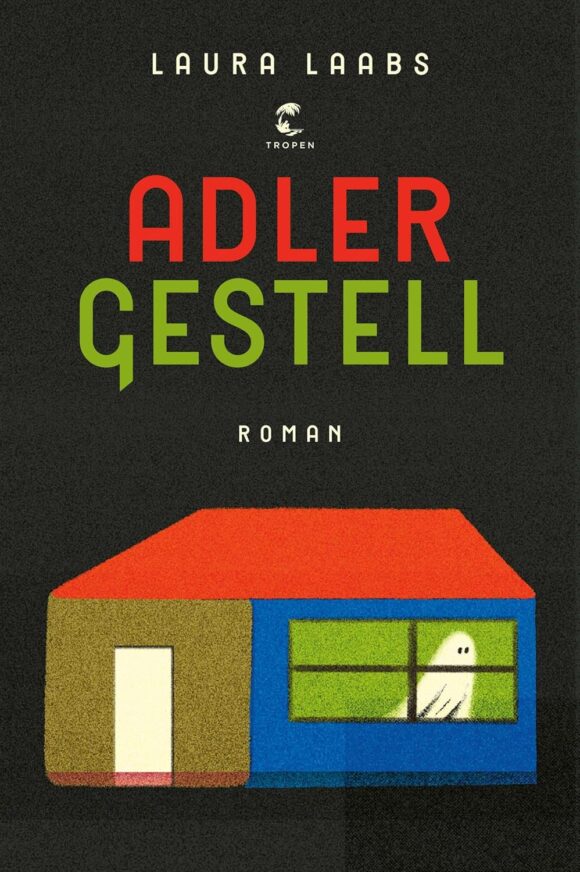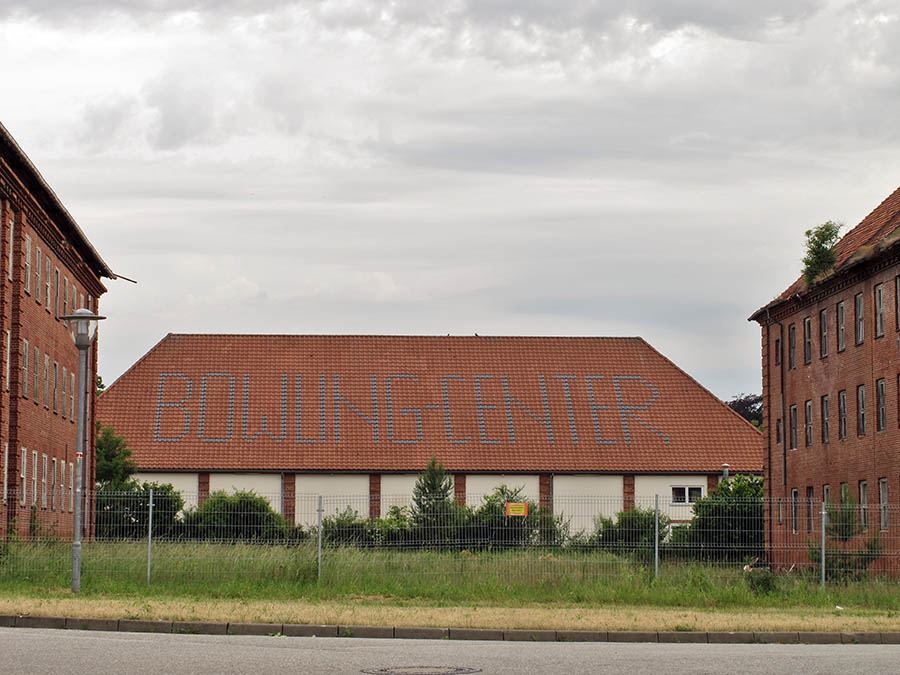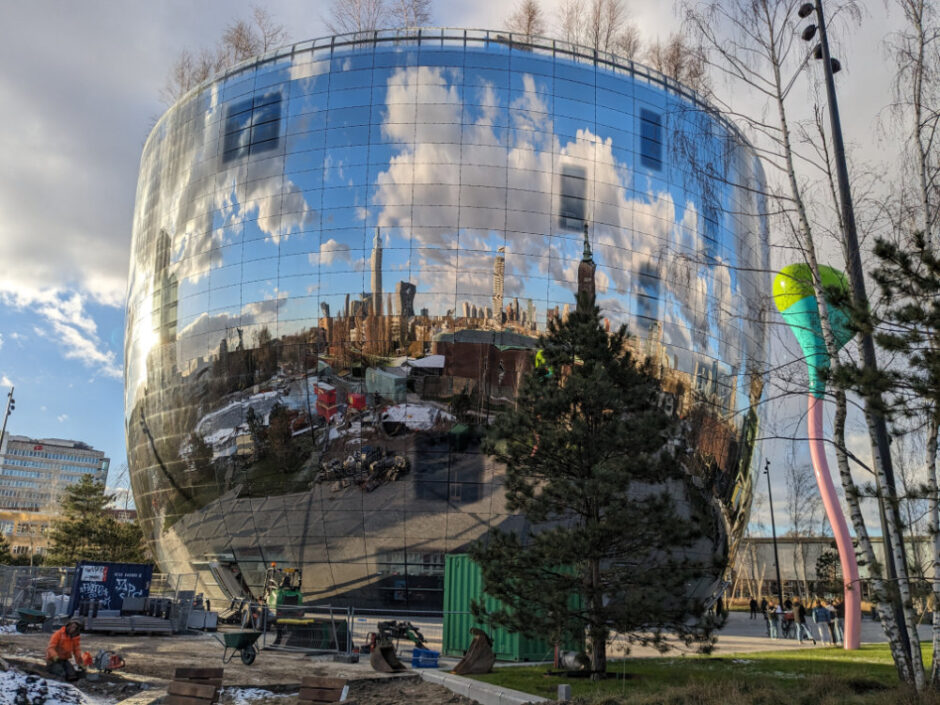“Reality out-crazied us by 10 to 15%”, says Adam McKay about the script of Don’t Look Up, which I watched on New Year’s Day to ring in 2022 in style. I am totally with Catherine Bennett and her thoughtful review of the reviews of the film.
While cinematographically a bit of a mess like most of McKay’s films, I was left breathless — also because I had to think of Peter Kalmus’s opinion headline while watching the film (he says it’s the perfect allegory to climate change inaction).
Condescension, unbelievable characters, etc. – all these attacks ring rather hollow amid the real mess that we find ourselves in these last couple of years. Craig Mod’s thoughts on the film also reverberated, did Branko Marcetic’s review on Jacobin.
I have never cared much for science fiction except for a soft spot for all things Star Trek since I am a teenager. Having said that, The Ministry for the Future by Kim Stanley Robinson was one of the best, if not the best book, I read in 2021.
The novel on –yet another!– UN organization (this one set up to fight global heating) must have been a very difficult one to write. Its plot does not extend far beyond the present and tackles current affairs head-on, slippery slope for science fiction I believe. It makes the bureaucratic/scientific fight against climate change accessible though, and against the odds, leaves a hopeful aftertaste.
I’ve started Saad Hossain’s Cyber Mage, a more out-there novel based in 2089 Dhaka. Extreme population density has become a lifesaver, for nanotechnology has enabled biologically-transformed people to create temperate zones of survival on a very hostile planet. A wild ride so far and I look forward to exploring more of this new world of science fiction once through with this.
The reason I wanted to jot these observations down: My former employer Shell is / was one of the pioneers of creating long-term scenarios and using them as an input to their operations. I came across that team’s work while in the asset management arm of the company. (The irony of global heating and Shell is not lost on me.)
I read that Dr. Cho Khong, who I have had the pleasure of meeting a few times, has now left Shell for a Fellowship at Oxford’s Said Business School. He had been around for a long time establishing political analysis as a cornerstone of the scenario work at the oil major.
The last couple of years have made long-term thinking harder no doubt. The scenario folks will respond that their work has become ever more important as a result. I agree to an extent, especially if that work is done properly.
It is certainly helpful to expose the methodology to the rigor of peer review and other academic due diligence – as too much of the global scenario industry lives within the limitations of Powerpoint slides and short corporate attention spans. Or in “The World in 2022” predictions littering the papers at this time of the year.
Science fiction writing seems at least as, if not more, elegant to conceptualize the future. The creators tend to be more creative. And because reality will out-crazy us anyway, why not go out on a limp even more to delineate the possible margins of our future? We might find out that our imagination has looked tame in comparison to the realities we will one day wake up to.
Science fiction?


